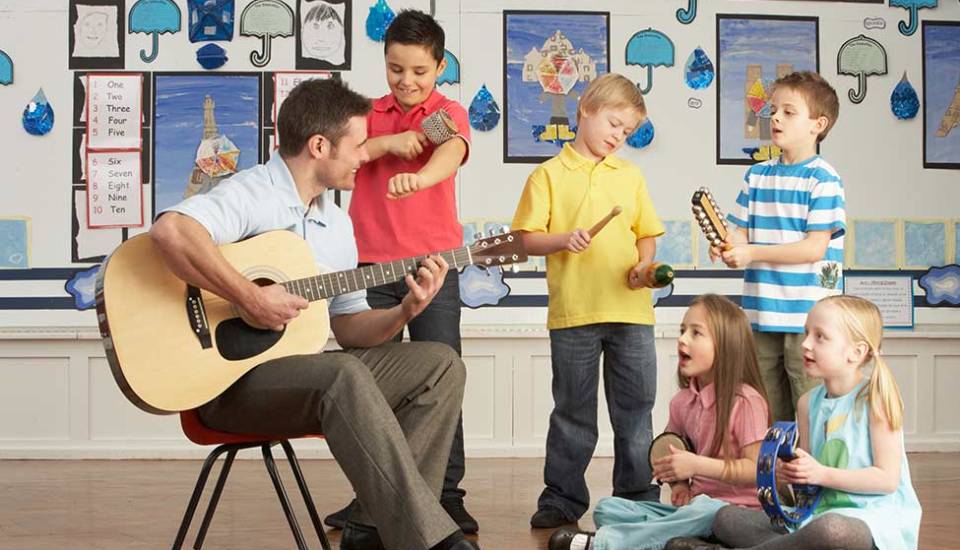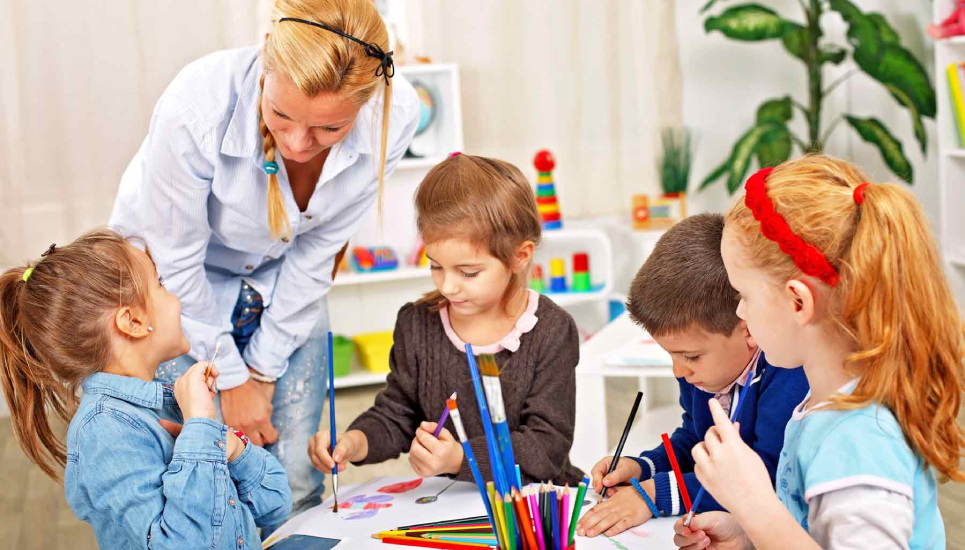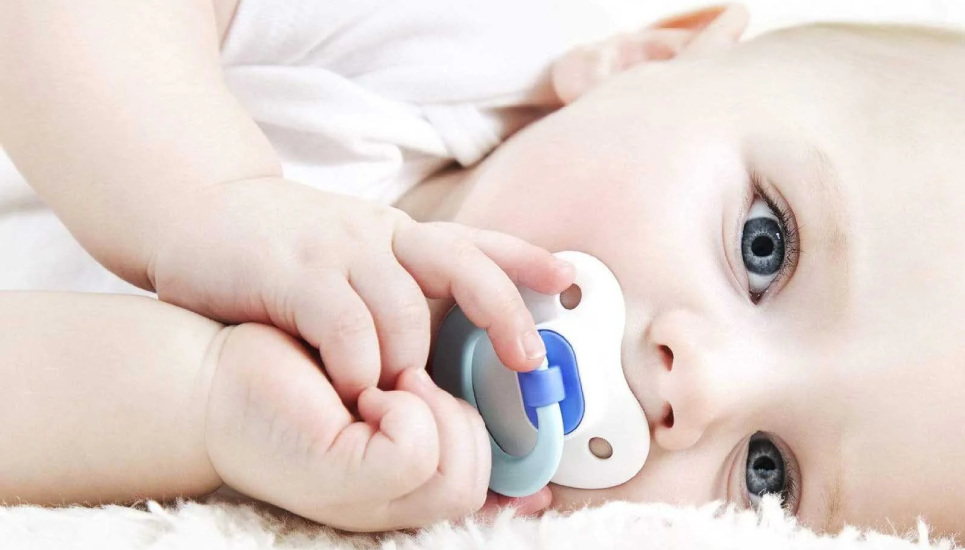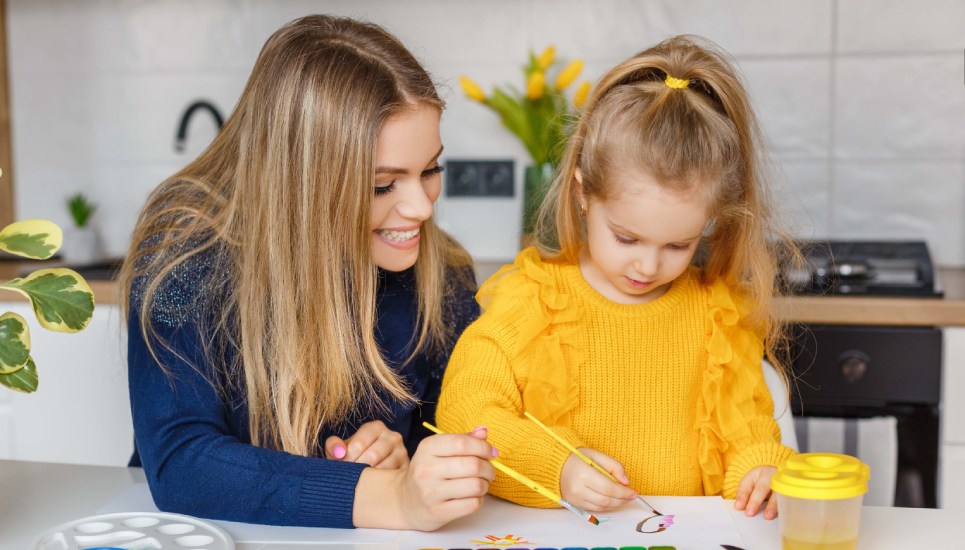
Early Childhood Music Education
Providing early childhood music education for children can enrich their lives in numerous ways. As a parent, enrolling your child in music lessons is an opportunity that can support their development and growth. Learning to play an instrument or sing can have surprising benefits for their mind, body, and spirit.
The Positive Impacts of Music on the Mind
Music is beloved across cultures because of its healing properties. It not only lifts our mood, but has demonstrated physical and mental healing benefits. Learning music through a music program, allows a young child to gain new skills that stimulate their brains and hand-eye coordination. It also provides a social outlet to bond with others who share their interest. Most importantly, music can give a toddler an emotional outlet and teach them healthy coping mechanisms.
Studies confirm that music positively impacts the brain development of children. It can help improve academic performance across subjects and develop their reasoning abilities. Learning an instrument requires focus and patience, which helps build discipline and persistence. This type of training provides life skills that can set children up for success both in and out of the classroom. Music also engages both sides of the brain, improving overall brain function.
Some Benefits of Music Education:
Here is an in-depth look at the top perks children can gain from learning music:
- Enhanced Concentration Skills and Stress Relief – Learning a musical instrument requires steady practice and intense focus. This helps strengthen concentration skills that also translate to better study habits. Music provides a positive outlet for dealing with everyday stresses and pressures as well.
- Improved Self-Esteem and Confidence – Mastering a new musical skill, especially performing in front of others, gives children a great sense of pride and boosts their self-confidence. Picking up an instrument helps shy kids come out of their shell.
- Better Memory and Discipline – Reading musical notes and learning proper technique to play engages the mind through memorisation. Kids learn discipline by committing to regular practise.
- Emotional Regulation and Mental Health – Music’s calming effects help manage mood swings and emotions. Having this artistic outlet provides children with a healthy coping mechanism for anxiety, anger or sadness.
- Patience and Persistence – Learning an instrument requires patience and persistence to progress from beginner to advanced. Music lessons teach kids to have a growth mindset and that dedication pays off.
The Best Instruments for Kids
Piano
The piano is an excellent first instrument for kids to learn. It allows them to play both melody and harmony, developing coordination in both hands. Learning to read sheet music and playing with proper technique teaches focus, discipline, and musical understanding. The piano is versatile for playing many diverse musical styles.
Guitar
Learning guitar helps improve hand strength, dexterity, and fine motor skills. Strumming patterns and chord changes keep kids engaged and attentive. Guitar provides accompaniment for singing and social music making. As an iconic instrument, it gives kids status and a sense of coolness. Electric guitar stimulates interest for kids who love rock music.
Drums
Banging on drums is a joyful way for kids to make music and release energy. It teaches coordination, rhythm, and active listening skills. Drumming helps kids who struggle to sit still improve focus and self-control. The repetitive nature is calming and confidence-boosting. Being part of a drum circle gives shy kids a gateway into group music participation.
Voice
Singing stimulates kids’ language skills, memory, listening abilities, and emotional IQ. It builds breath control and self-expression. Performing solo or in a choir develops confidence. The portability of singing makes it highly accessible. Vocal harmonies teach children how different parts fit together to create something beautiful.
Violin
Learning violin improves listening skills, posture, focus, and patience. Drawing the bow strengthens arm and wrist muscles. Violins make kids use both sides of the brain and hands together. Notation reading abilities transfer to academic subjects. Performing in youth orchestras provides rich social connections through music.
Music for Happier, Healthier Kids
In summary, music education can be a source of great joy and growth for children. It provides mental stimulation, emotional regulation, social connection, and vital life skills. Let your child explore their musical talents to discover these benefits firsthand and achieve their full potential. The gift of music keeps their minds sharp, emotions balanced, and develops discipline that will serve them well in life.
FAQS
Why is playing an instrument important for children?
Playing an instrument helps children with their coordination, memory skills and stimulates the brain.
What instrument should my child play first?
To start off the recorder and piano are the best instruments for a child to start learning. They are the easiest instruments to play and get a sound out of, which will keep a child interested in learning to play.
What age is too late to learn drums?
There is never the right age to learn the drums. If you child has an interest at an early age, introduce the drums to them. They will have a great time bashing the kit! If they show some interest, the next step would be to get some lessons.




